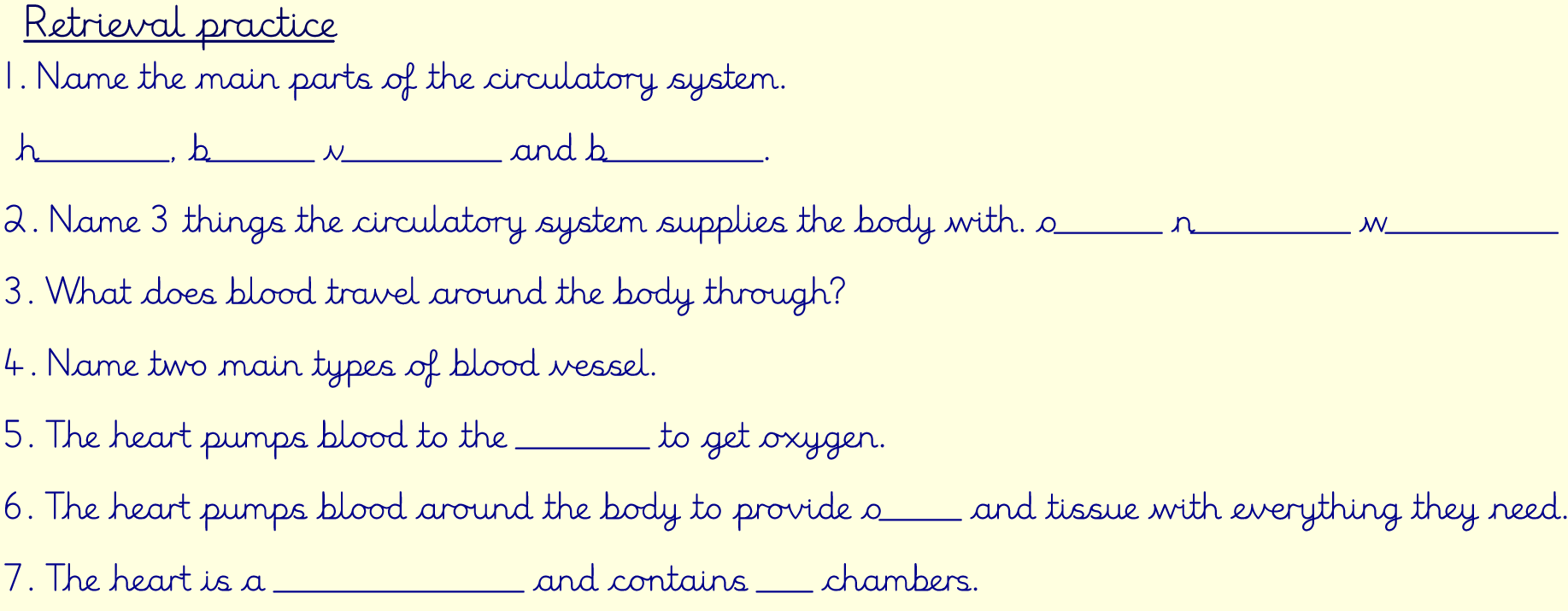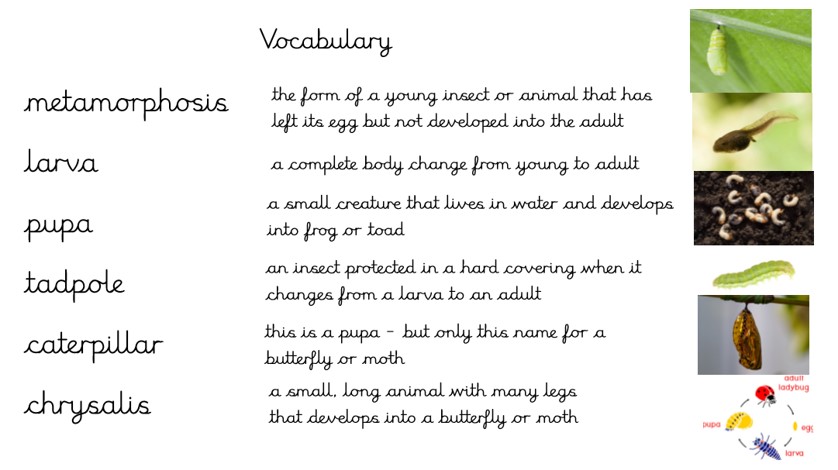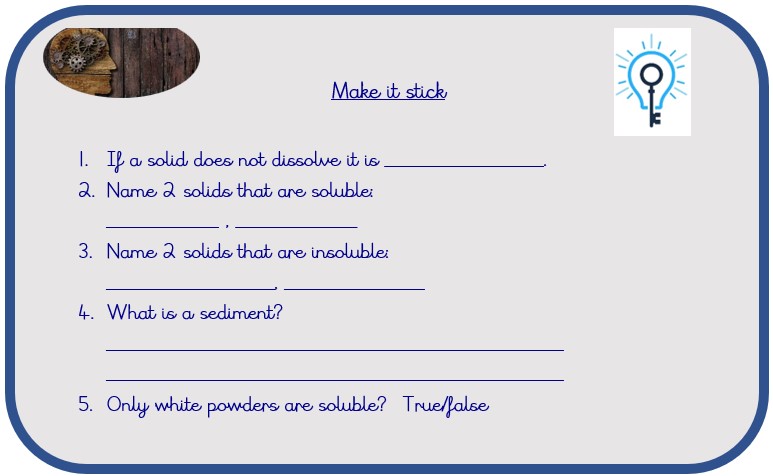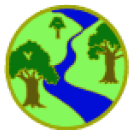Science
Science at Dallimore is ACTIVE
-
Active – be as practical as possible with lots of discussion, questions and focus.
-
Challenging – get us all wondering and thinking more deeply about the world.
- Team Building – to learn with our friends and family.
- Investigative – allow children to wonder about what might happen if… and then develop methods to test their ideas.
- Vocal – make us want to talk about the knowledge or concepts we have learnt. Use scientific vocabulary correctly.
- Exciting – enrichment – fun, memorable & sometimes messy! Involve experts who come into school or visits to engage our children.
Whilst Science at Dallimore is ACTIVE, we have ensured that it complements our knowledge-based curriculum.
We aim to achieve this in numerous ways:
- Provide teacher-directed instructions for practical tasks to ensure maximum learning.
- Use teacher demonstrations.
- Allow for some investigations to be more open and allow pupils to generate their own questions and test their theories.
- Make sure there are opportunities for research, but make sure they are focused and purposeful.
- Science lessons are carefully sequenced and broken down into manageable chunks.
- New knowledge is provided a variety of ways such as video clips, documentaries and written information. We encourage children to respond to this new knowledge to check for understanding.
Long-term overview
Our long-term overview captures the curriculum coverage in each phase. We operate on a 2-year cycle for each mixed phase.
Composites and components
Composites, relating to the National Curriculum, are top level outcomes which involve a range of knowledge and skills. Each of these composites is made up of its constituent parts known as the components. These components need to be logically sequenced so that all children can build upon previous learning and apply prior knowledge and skills. Teachers use these component parts to drive the teaching content of their lessons. This ensures that children develop a coherent body of knowledge within each unit. In addition to the component parts, we have mapped out the BAD (basic, advancing and deep) tasks which the children will complete during each lesson.
Click on the buttons below to view a LKS2 example of the composites (identified as WALTs) and components for our science curriculum.
Progression document
Our progression document captures the key knowledge progression throughout school. It also captures the tier 3 vocabulary, the year group this is first encountered and the unit in which it will be explored. Our enquiry skills progression document captures the progression of enquiry skills in each phase too.
Click on the buttons below to view the knowledge and enquiry skills progression documents.
Knowledge organisers
For each unit of science, teachers are provided with science knowledge organisers. These are written by the science subject leader and include prior learning that children need to be successful with the new unit, key sticky knowledge they will know by the end of the unit, tier 3 vocabulary and associated definitions, important scientists linked to the unit and any important diagrams or images.
Click on the image below to view a sample knowledge organiser for Science.
Implementation
We use a range of teaching and learning strategies to ensure that children know and remember more in science.
Key elements of our approach to teaching science:
- Retrieval practice
- Vocabulary check
- Basic, advancing and deep learning tasks
- Make it stick slips
- Flashback Fridays
Retrieval practice
Retrieval practice takes place at the start of each lesson. This revisits previously taught knowledge from the current unit so that children can build on what has come before. This might include knowledge taught from units that have been taught previously so that the learning can be linked and effective schema can be built.

Vocabulary check
Vocabulary is mapped out within the progression document and the knowledge organisers. When teaching new tier 2 and tier 3 vocabulary, teachers provide an explicitly taught activity which explores, discusses and provides a definition of the vocabulary, providing children access to any new material that is to be discussed during the lesson.

Make it stick slips
Make it stick slips provide children with a final opportunity to repeat and rehearse knowledge taught within the lesson. We know that rehearsal and repetition is key to ensuring that learning sticks so that children know and remember more. These also provide the teacher with a snapshot of a child’s understanding at the end of the lesson.

Flashback Fridays
Flashback Fridays take place every 4 weeks in school. These allow us to revisit previously taught science units; key knowledge and vocabulary are revisited to ensure that learning is not forgotten.
Click on the button below to view a science Flashback Friday example.
End of unit assessments
At the end of each science unit, teachers carry out an assessment which covers the content of the unit. These assessments provide the children with another opportunity to retrieve key learning and strengthen the memory whilst giving teachers an insight into what the children have learnt during the unit.
Click on the button below to view an example end of unit quiz.
Click the button below to view our science 'subject on a page' document which summarises our curriculum intent and implementation.
